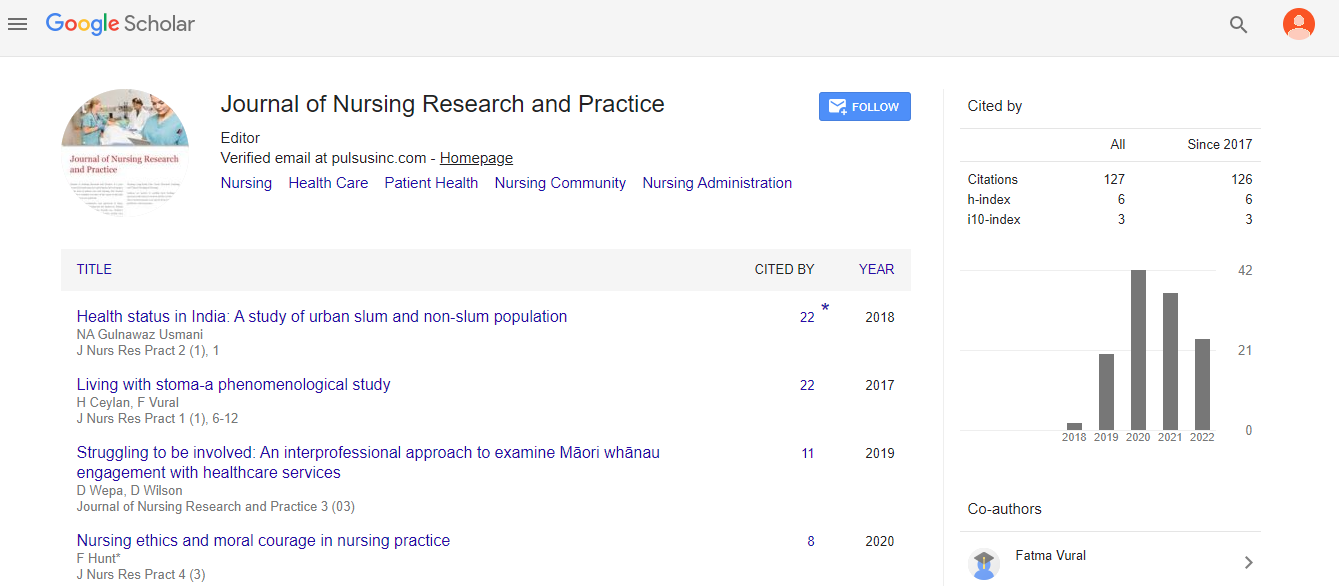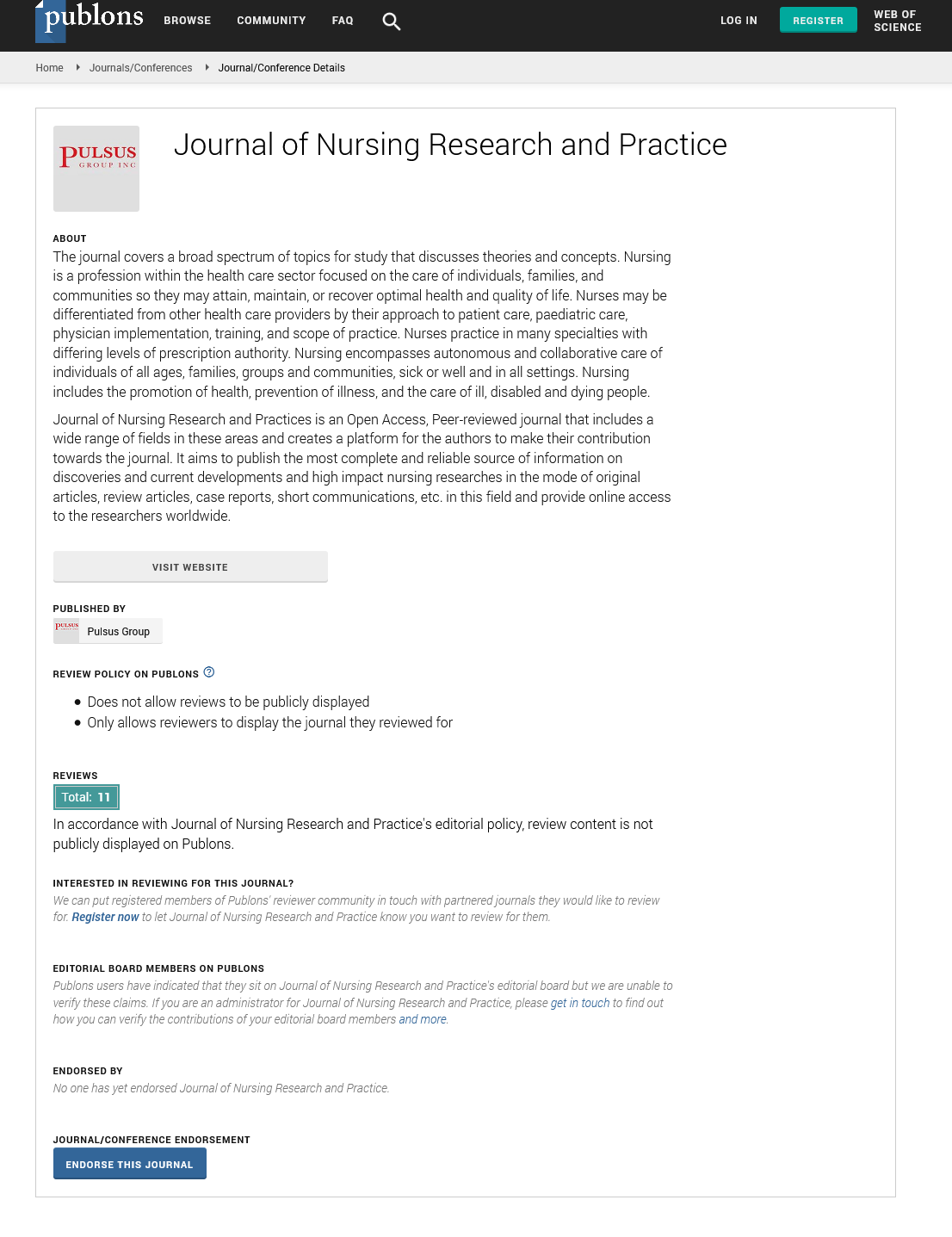
Sign up for email alert when new content gets added: Sign up
Treating the next generation: why and how we need to treat the over 70s differently
2nd International Congress on Pediatrics, Neonatal and Nursing Care
November 25, 2021 | Webinar
Dr Michael McMullen FNHAA
Sweden
Posters & Accepted Abstracts: J Nurs Res Pract
Abstract :
In 1900, the worldwide average life expectancy was less than 50 years, by 2001 it had increased to between 65 and 75 years worldwide, excepting Africa where it was 50 years. Consequently, most traditional medicine therapies have been developed by treating patients rarely older than 65 years. Can we justify treating the older patients with therapies largely developed on those under 50 years or do we need to modify our therapies for those more than 70 years? As our knowledge of physiology develops it has become clear that older people do not just look old, they have another physiology. From around 40-45 years things change, but may have little immediate effect on health, because there is often sufficient reserve capacity to avoid symptoms. For example, kidney mass decreases 1% per year from 40 years. At 60 years the kidneys have 80% of the 40-year mass and few problems are noted, however by 70 and 80 years this remaining mass has been reduced to 70% and 60% respectively. Is this reduction in kidney mass a reason why gout is 5 times higher in persons aged 70-79 years than in those younger than 50 years? For the younger patient, kidney stimulation to treat gout might be appropriate but would it be suitable for the 80-year patient? An alternative approach for the elderly is the use of charcoal tablets. These absorb uric acid in the small intestine – this organ has been reported to excrete as much uric acid per day as one kidney. Other systems also change with aging, and it may be that some diseases of the elderly are both hardwired and modifiable. Studies suggests that these diseases may include cardiac insufficiency, dementia, diabetes, and muscle wasting.
Recent Publications :
2011, Article – clinical trial. The immediate and short-term chemosensory impacts of coffee and caffeine on cardiovascular activity. Food Funct. 2011 Sep;2(9):547-54. doi:
2012, Article – clinical trial. Caffeine in hot drinks elicits cephalic phase responses involving cardiac activity. Food Funct. 2012 Sep;3(9):931-40.





